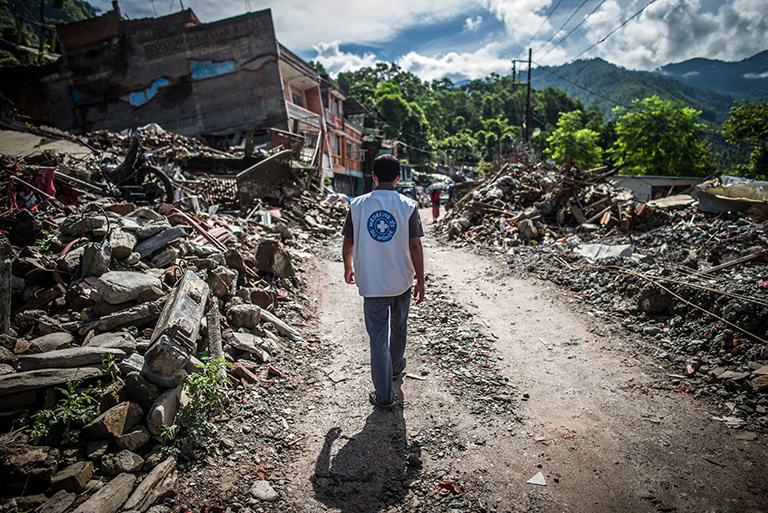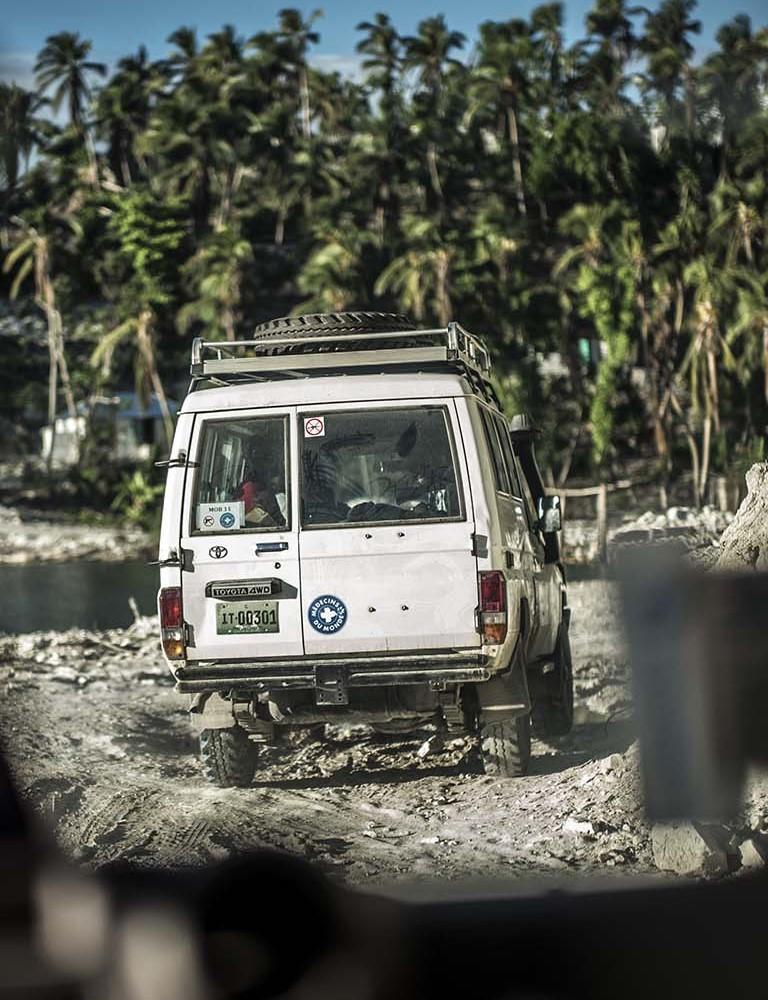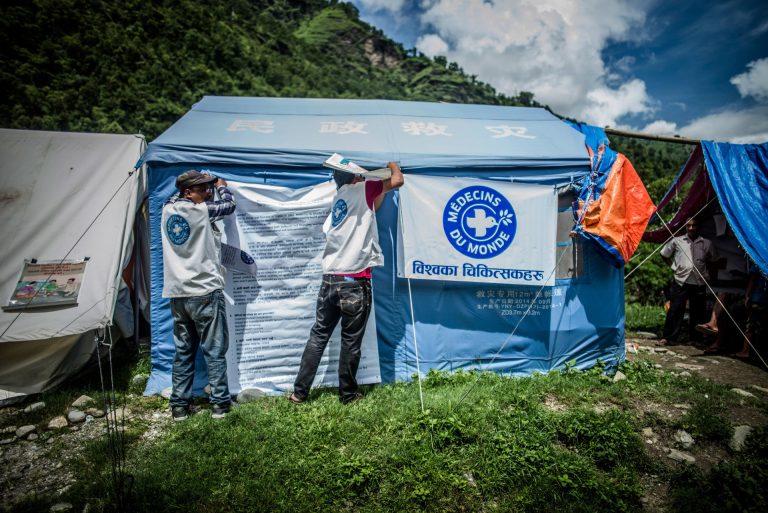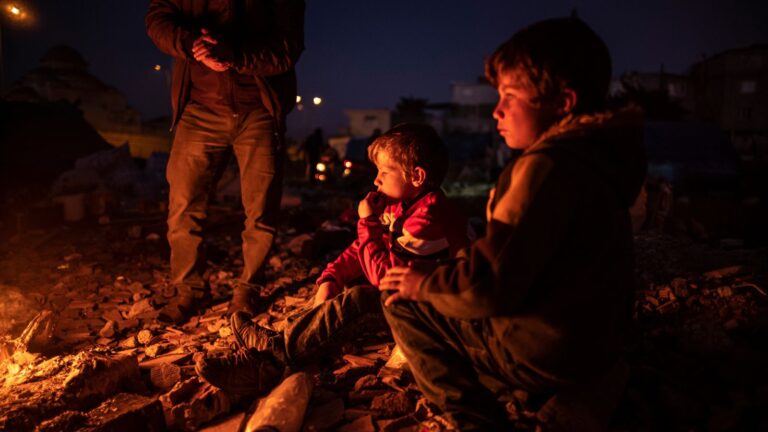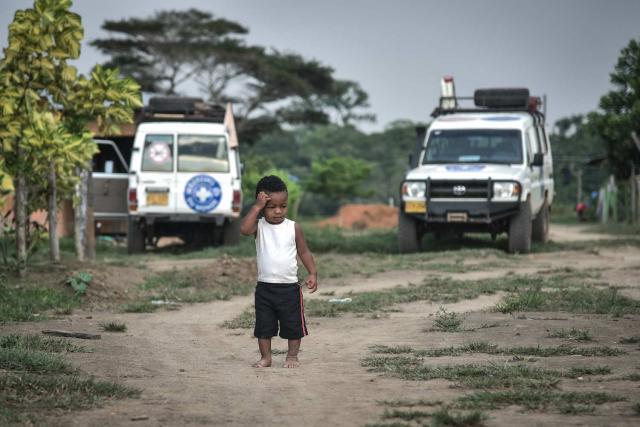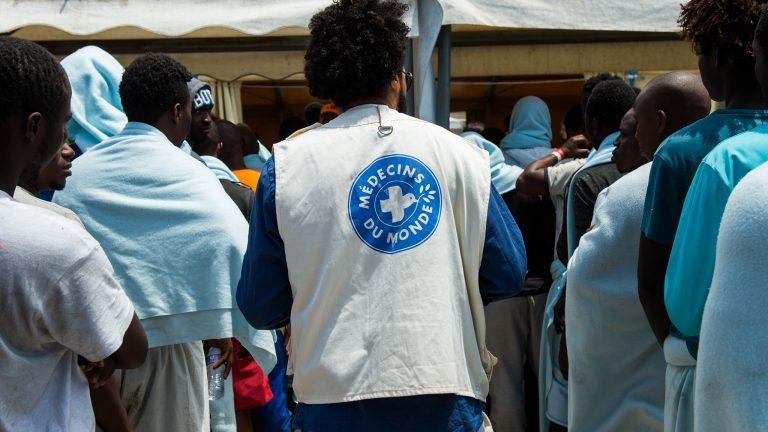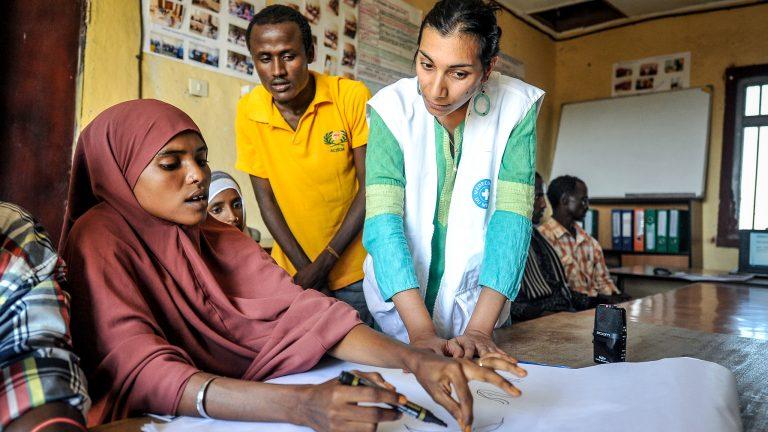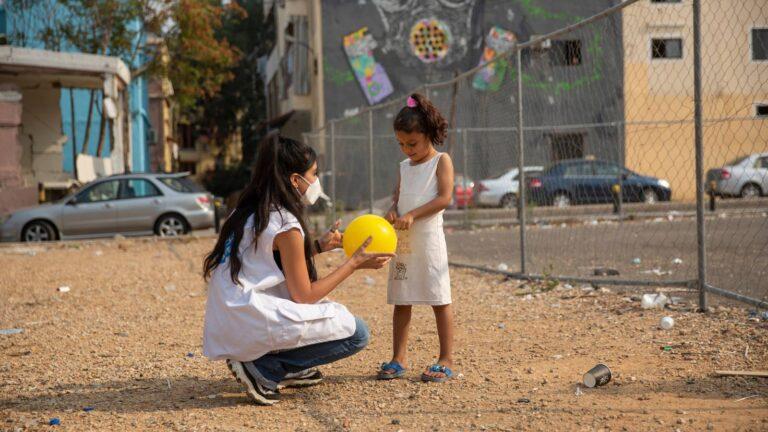ADVOCACY: ESSENTIAL FOR TAKING ACTION IN HUMANITARIAN CRISIS SITUATIONS
Humanitarian crises exacerbate inequalities and vulnerabilities, while the work of organisations such as Médecins du Monde is increasingly restricted by governments and geopolitical opposition. Policies have an impact on the prevention, management and resolution of crises and therefore on people's health. Médecins du Monde considers the role of civil society to be key in reminding states of their obligations and ensuring people's right to access quality healthcare at all times and in all places.
This is why Médecins du Monde advocates for the preservation, protection and guarantee of the right to health for people living in crisis situations. To this end, we relentlessly call for all belligerents to respect international humanitarian law and the humanitarian principles of impartiality, independence and neutrality. We advocate for better access for humanitarian workers to populations in need, and for populations to healthcare. We also work to ensure that humanitarian and healthcare workers are better protected in crisis situations.
© Arnaud Finistre













